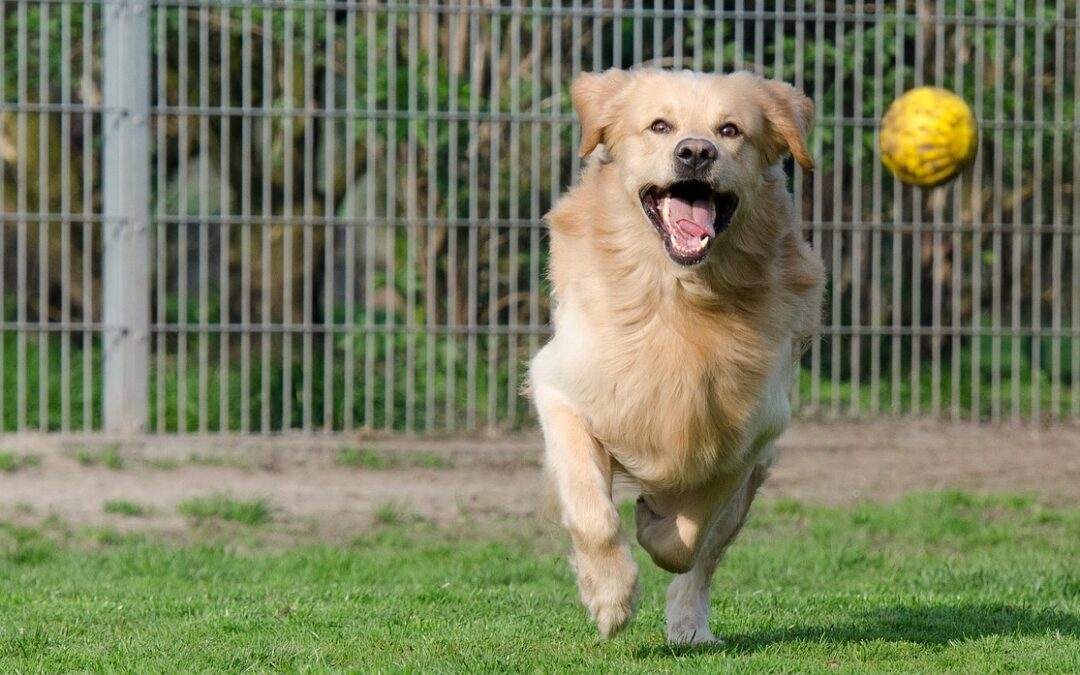The term “welfare” refers to the state of an individual in relation to its environment, and this can be measured. Both failure to cope with the environment and difficulty in coping are indicators of poor welfare. Suffering and poor welfare often occur together, but welfare can be poor without suffering and welfare should not be defined solely in terms of subjective experiences. Continue Reading Animal Welfare: Concepts and Measurement
An introduction into animal welfare, why it is important, and how it is different from animal rights. Continue Reading Animal Welfare and Animal Rights: Ethics, Science and Explanations
Before you can build your dog’s best life with enrichment and activities, you need to make sure the foundation is solid. Nourishing food, fresh water, positive training, and upbeat grooming experiences all add up to a great base on which to build a happy, healthy, full life together. Find out how to make sure your basics are solid and set your dog up for a Fear Free future with this video! Continue Reading Meeting the Basic Needs of Your Dog
Dogs can be held temporarily or permanently in kennels for a number of reasons, not necessarily for their own benefit. Although restrictive environments have been associated with poor welfare, priorities for research and change cannot be understood unless the various aspects of the kennel environment are appreciated separately. Continue Reading The Effect of the Kennel Environment on Canine Welfare: A Critical Review of Experimental Studies
Play is an enigmatic behaviour, the function of which is still debated, despite more than a century of research. We discuss the evolutionary function of play behaviour, focusing on the domestic dog (Canis familiaris), a unique species due to its past domestication and current cohabitation with humans. Continue Reading Why Do Dogs Play? Function and Welfare Implications of Play in the Domestic Dog




